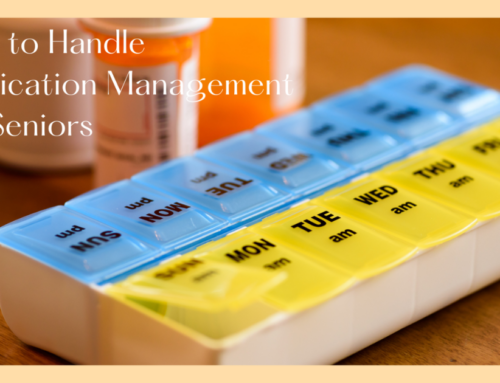Preparing for Flu Season: Vaccinations and Prevention for Seniors
As autumn approaches, it’s time for seniors to start thinking about flu season. Influenza can be particularly dangerous for older adults, so taking preventive measures is crucial. Let’s explore the key steps seniors can take to protect themselves.
The Importance of Flu Shots for Seniors
Vaccination is the most effective way to prevent flu and its complications. For seniors, this is especially important:
- Higher-Dose Vaccines: Ask your doctor about vaccines specifically designed for people 65 and older. These contain a higher dose of antigen to create a stronger immune response.
- Timing: Get vaccinated early, ideally by the end of October, to ensure protection throughout the flu season.
- Annual Vaccination: Flu viruses change, so last year’s vaccine may not protect against this year’s strains.
Beyond Vaccination: Prevention Strategies
While flu shots are crucial, they’re not the only way to stay healthy:
- Practice Good Hygiene:
- Wash hands frequently with soap and water
- Use alcohol-based hand sanitizers when soap isn’t available
- Avoid touching your face, especially your mouth, nose, and eyes
- Boost Your Immune System:
- Eat a balanced diet rich in fruits and vegetables
- Stay hydrated
- Get adequate sleep
- Exercise regularly (as approved by your doctor)
- Avoid Crowds: During peak flu season, limit exposure to large groups of people when possible.
- Keep Your Environment Clean: Regularly disinfect frequently-touched surfaces in your home.
- Stop the Spread: If you do get sick, stay home and cover your mouth and nose when coughing or sneezing.
When to Seek Medical Attention
Know the signs of flu and when to contact your healthcare provider:
- Fever or feeling feverish/chills
- Cough
- Sore throat
- Runny or stuffy nose
- Muscle or body aches
- Headaches
- Fatigue
For seniors, it’s especially important to seek prompt medical attention if you suspect you have the flu, as early treatment can prevent complications.
By getting vaccinated and following these prevention strategies, seniors can significantly reduce their risk of contracting the flu. Remember, staying healthy during flu season is a combination of proactive measures and quick response if symptoms arise. Consult with your healthcare provider for personalized advice on flu prevention and care.





